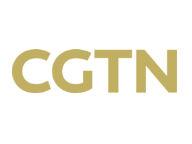Faculty News
—
Professor Nicholas Economides discusses Greece's economic recovery
—

Excerpt from Bloomberg -- "'The Greek recovery is once more significantly delayed by politics,' said Nicholas Economides, a professor of economics at New York University’s Stern School of Business. 'Tsipras will blink at some point in time, the question is when.'"
Faculty News
—

Excerpt from Bloomberg -- "'The Greek recovery is once more significantly delayed by politics,' said Nicholas Economides, a professor of economics at New York University’s Stern School of Business. 'Tsipras will blink at some point in time, the question is when.'"

















